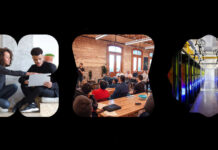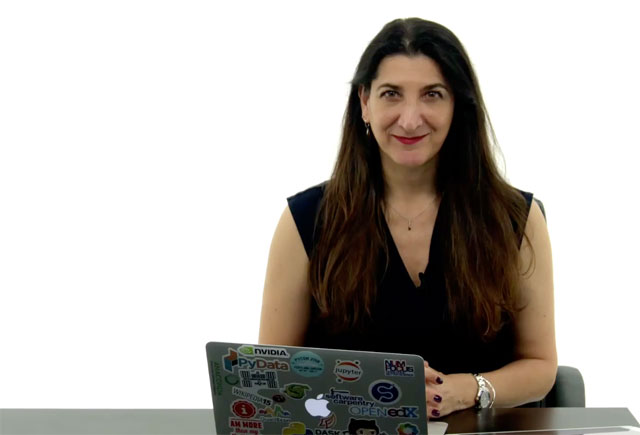“The video-first approach puts students in a mode where they are primed to memorize and it gives an illusion of confidence”, explains GW’s professor Lorena Barba on a report in EdSurge about her unique approach to creating effective flipped learning experiences without videos.
“Unfortunately what has happened with edX and Coursera, they are pretty much convinced that video is the center of everything,” she says. “The edX CEO last year said interweaving videos with quizzes are active learning, and that’s ridiculous.”
Prof. Barba’s “Practical Numerical Methods with Python” Open edX-style course, for Master’s-level students without prior coding experience, is the perfect example. This free, open-to-anyone MOOC is an extension of the on-campus course. Learners dive into programming exercises as homework using Jupyter Notebooks, an open-source web tool where users create and share live code, data visualizations, and notes about what they are working on.
“Instead of watching videos, students individually follow instructions and experiment with Python in the Jupyter platform first, then arrive to class with questions and work through problems together. They come primed to discuss those things and learn in the classroom,” explains Barba.
In Barba’s class, in-person active learning involves students working through examples and coding problems with peers in Jupyter. The professor also projects her own screen in the front of the class and works out a solution line-by-line so students can follow along.
Useful Links
- EdSurge: A Case For Flipping Learning—Without Videos
- IBL News: GW and IBL Release an Open edX XBlock to Add Graded Problems Based on Jupyter Notebooks
- The George Washington University (GW) Engineering Platform with three open courses
- Open edX Conference 2018: Jupyter-based courses in Open edX: authoring and grading with notebooks

 En Español
En Español




















